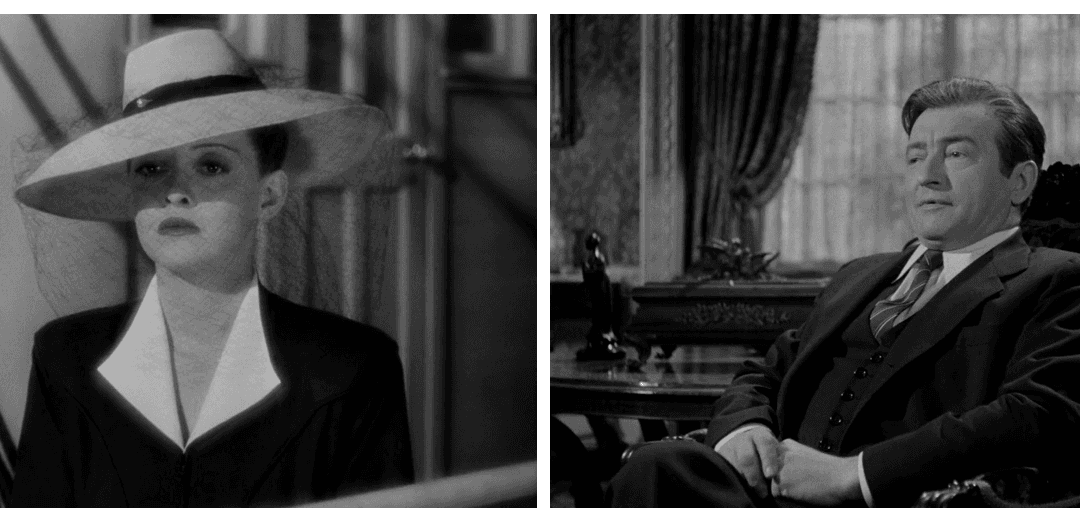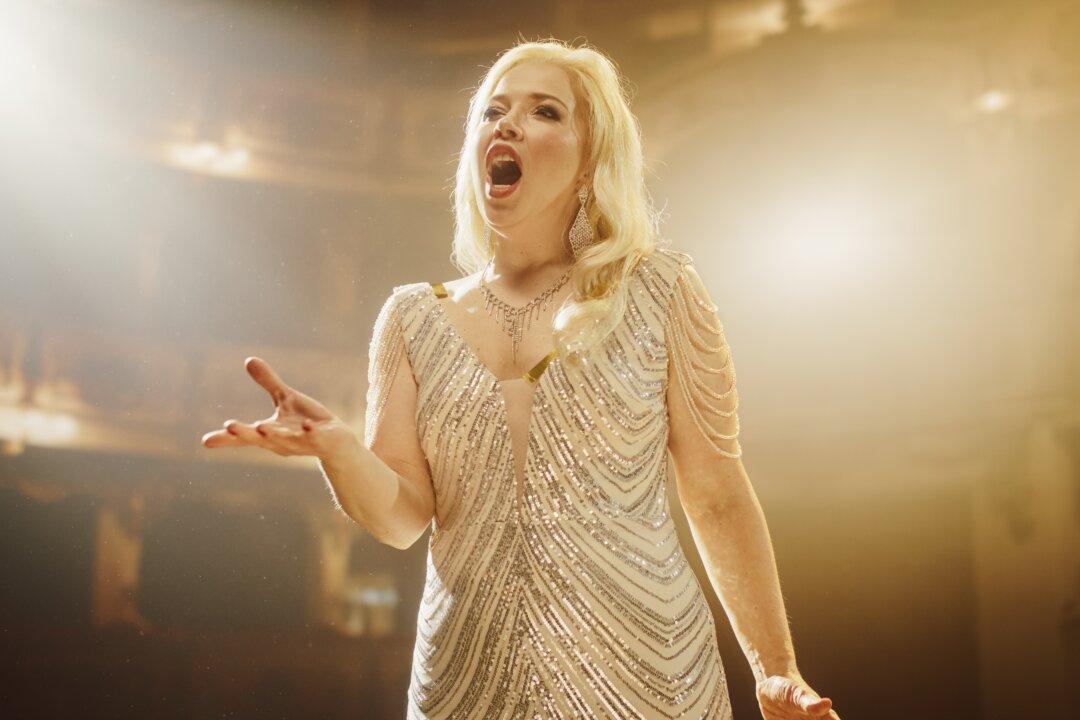Bette Davis was one of the top actors at Warner Bros. Studios during the Golden Age of Hollywood. She wasn’t just another glamour girl, lovely leading lady, or damsel in distress. She was a serious actress whose dedication to her craft and acting skills were equal to that of the studio’s top male performers. In fact, many of Warner Bros.’s biggest films in the 1930s and ‘40s featured Bette Davis, with the leading man or men playing supporting roles to the actress’s heroines.
One of Davis’s favorite leading men was more of a character actor than an A-list star. Claude Rains was a Warner Bros. regular during Davis’s heyday, and both of them were versatile actors who weren’t afraid to play any “type” from any era.






